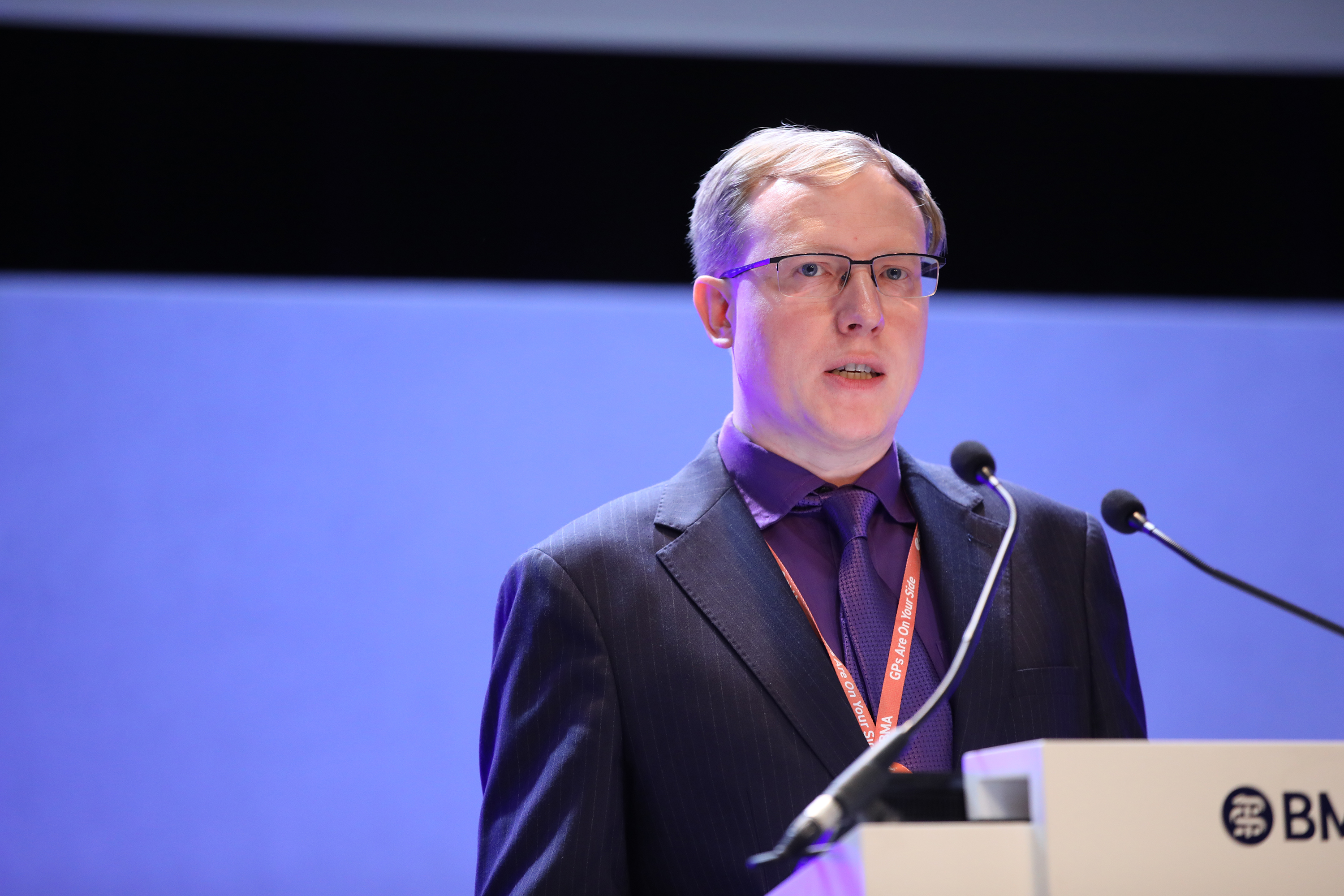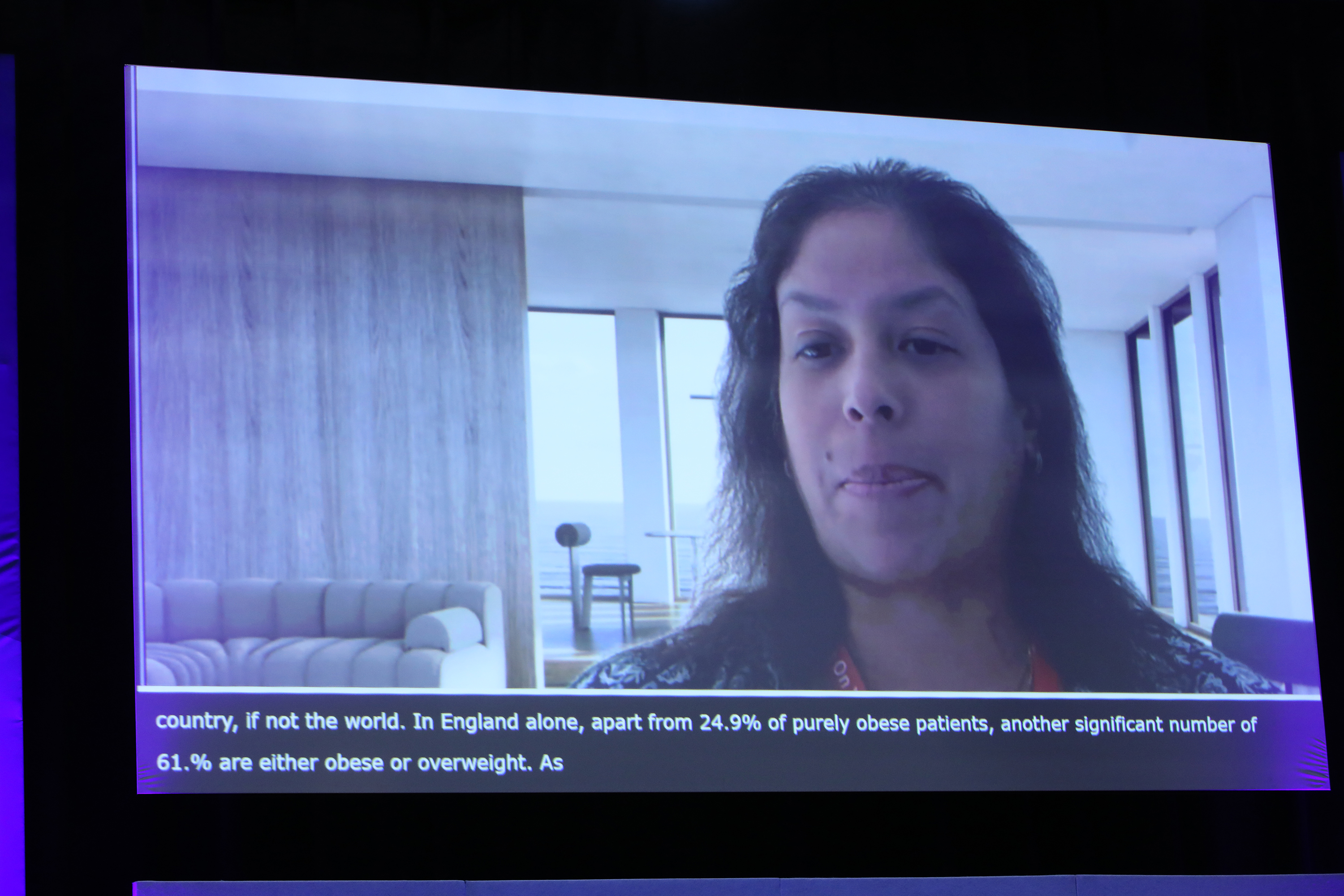‘Make no mistake – this is a slow-moving car crash waiting to happen.’
Kent GP Reshma Syed is used to dealing with the consequences of obesity in her daily working life. From managing long-term conditions caused, or exacerbated, by patients being overweight, to dealing with ‘concerning’ complications arising from people having surgery abroad.
‘As a GP I’m at the forefront of this epidemic,’ Dr Syed told the BMA annual representative meeting in Belfast.
Dr Syed said she was seeing many patients travelling abroad for bariatric surgery – often to Turkey – with some having no worrying issues, but some facing ‘considerable complications’.
Doctors at the ARM expressed concern this ‘boom’ in surgical tourism is leading to a rise in serious post-surgery complications and deaths.
Foreign Office statistics suggest at least six British nationals died in Turkey following medical procedures in 2023. Guidance from the UK Government says: ‘The standard of medical facilities and available treatments can vary widely globally and also within countries. We are aware of six British nationals having died in Turkey in 2023 following medical procedures. Some British nationals have also experienced complications and needed further treatment or surgery following their procedure.’
 PARKER: 'A scandal'
PARKER: 'A scandal'
North East GP Samuel Parker – who proposed a wide-ranging motion on obesity at the conference – described the situation as ‘a scandal’.
Earlier this year, consultant bariatric surgeon Ahmed Ahmed told Sky News that around 3.6 million people in this country would meet the criteria for weight loss surgery but that the NHS can only perform 5,000 operations a year at most. This disparity, he said, was driving patients abroad.
Mr Ahmed said: ‘If we look at the bigger picture, weight loss surgery is actually quite a complex surgery, it's not an undertaking where you can surf the net, find a package, buy your ticket and go there. It requires a lot more attention to detail.
‘Patients need to be closely monitored by their hospitals with routine appointments a week, three months, six months, then once a year every year.
‘Obviously if you are having surgery abroad, you just don't get that kind of follow-up.’
 SYED: 'A car crash waiting to happen'
SYED: 'A car crash waiting to happen'
A wide-ranging motion presented at the conference, which was passed and will now guide BMA campaigning, said the prevalence of obesity and rising need for weight-management interventions including bariatric surgery is rising in children and adults in the UK and highlighted the ‘increasing pressures’ on the NHS, specifically in areas of socio-economic deprivation. It demanded an increase in funding for UK-based weight-management services paid for by an increase in the sugar tax.
The motion also highlighted the ‘evolving health risks of ultra-processed food’ and called for an inclusion of warning labels on ‘obesogenic foods’.
Dr Syed said: ‘I blame the Government and the food industry most of all. There should be stringent food regulation and taxes on unhealthy foods. At the same time, healthy foods must be made more affordable for our patients rather than relying on foodbanks to supplement their nutrition. This should be tackled better – by better food and better education at school so the next generation are protected from obesity. We are what we eat and us doctors are fighting something that could so easily be fought at source.’
Dr Syed added: ‘We are living in a first-world country, we should have first-class healthcare and should be leading the way in tackling this.’

